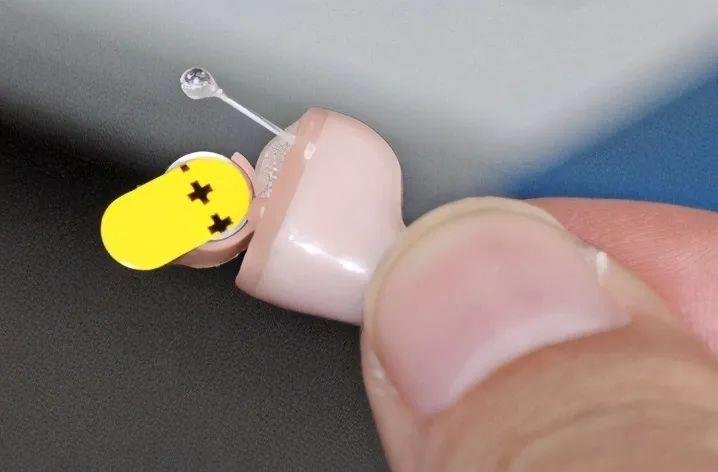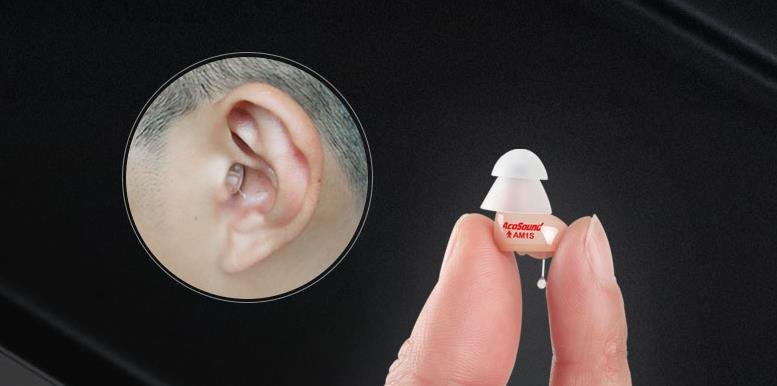Yes, your audiologist will always recommend you treat wearing hearing aids as a full-time job, wear them about 6 – 8 hours a day, or try to wear them as much as you can; however, there are some situations that you don’t need to wear your hearing aids, and one of those situations would be when you are going to sleep. Here are some of the reasons why you should not wear hearing aids when you go to bed.
Running the Risk of Losing the Hearing Aid
When you are sleeping, you would most likely turn your body and / or your head from side to side. When you are moving your head or your body, the hearing aids would fall out of your ears, and you would never know where the hearing aids would go after they came out of your ears, especially when you are sleeping.
It Will Not Be Comfortable
It doesn’t matter what styles of hearing aids you are wearing; it doesn’t matter is the behind-the-ear (BTE) or the custom in-the-ear (ITE) style hearing aids, the material that hearing aid is made out of is hard; however, the skin of our ears are thin, sensitive, and vulnerable. When you sleep with the hearing aids, you would most likely turn your head; when you are laying on the side of your head with the hearing aid in the ear, it will cause discomfort, and it can even cause pain, and you should not experience any pain or discomfort from wearing hearing aids at any time.

Increase the Power Consumption of the Hearing Aid
When you are wearing the hearing aids while you are sleeping, that would mean the hearing aids are still working and the hearing aid battery is still in function. One of your hearing aid batteries on average would last you about 5 – 7 days; therefore, you would need to change your hearing aid battery about once per week. If you are wearing the hearing aid 24 hours, 7 days a week, it would increase the frequency of you changing the hearing aid battery.

Prose to Whistling / Feedback
When you are wearing hearing aids when sleeping, especially when you are sleeping on the side of the body, any sounds that entered the hearing aid will get processed and amplified and exit from the hearing aid’s speaker or receiver. When the amplified sounds exit from the speaker will leak out from the ear canal, and hit on the pillow or the bed, and get picked up again by the hearing aid microphones, and this whole cycle would repeat again and continuously until you move your position. Due to this reason, you should not wear hearing aids when you are sleeping.
Overall, combining all the above reasons one should not wear hearing aids when sleeping, instead, one should open the hearing aid battery door wide, and place the hearing aid either in the storage case or in the hearing aid charger. By doing so, both the hearing aids can take a break, and so does your ear.
















